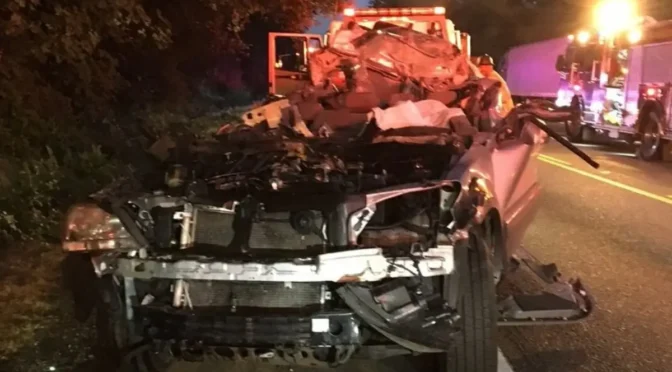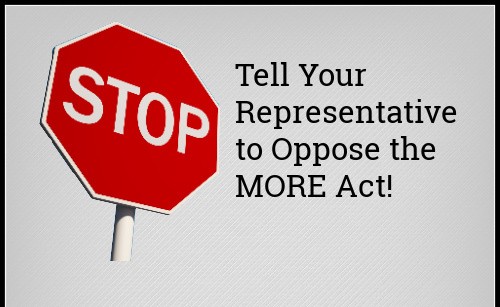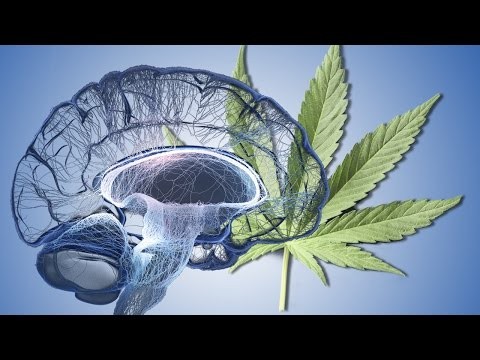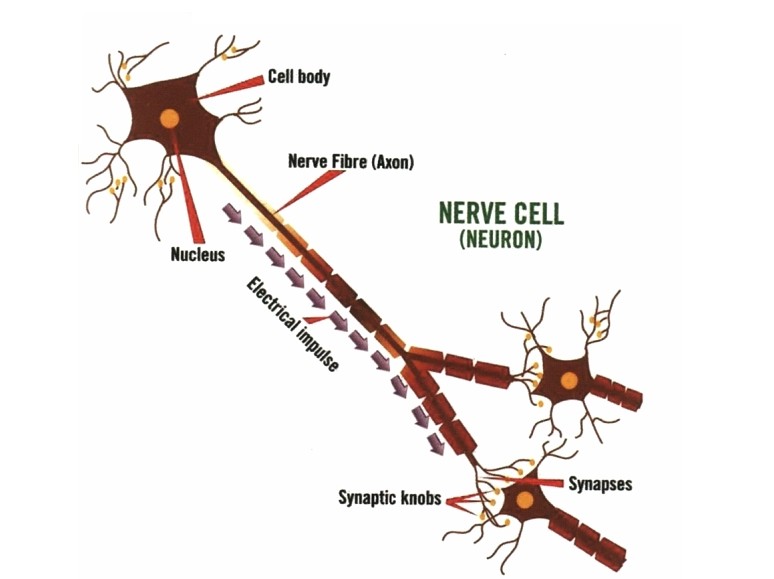Cannabis-related traffic fatalities are a threat to public safety. Governments need to get serious.
By the Bloomberg News Editorial Board, April 4, 2024
Marijuana legalization is killing a lot of people. Not slowly — though some studies suggest that it may be doing that, too — but quickly, in car crashes. It’s one more symptom of the disastrous rush by lawmakers to capitalize on cannabis sales without doing the work needed to keep the public safe.
In Canada, which legalized recreational marijuana in 2018, one study found a 475% increase in emergency-room visits for cannabis-related crashes in Ontario between 2010 and 2021. Many more cases likely went undetected, owing to a dearth of reliable testing for driving while high.
In the US, the proportion of motor-vehicle fatalities involving cannabis use soared to 21.5% in 2018, up from 9% in 2000. One analysis found a 10% increase in vehicular deaths, on average, following legalization by states. In California, the increase was 14%; in Oregon, it was 22%.
This suggests that more than 1,000 Americans could be dying annually because of marijuana-related accidents — and that’s just in states where legalization has occurred. Given the ease of transporting the drug across state lines, the real number could be far higher.
The cause of these deaths isn’t just the drug itself. It’s ignorance. A recent study found that about half of marijuana users thought they were OK to drive 90 minutes after inhaling or ingesting the drug, yet their driving performance in a simulated vehicle was as bad as it had been after 30 minutes. Evidence suggests people should wait a minimum of four hours before getting behind the wheel; some experts recommend eight to 12 hours.
That people don’t know this is the fault of governments, which have rushed headlong into legalization without doing the required research or adopting necessary safeguards. In effect, they’re conducting live experiments on their own citizens. Voters should hold officials accountable for boosting public awareness and developing better detection technology.
The fight against drinking and driving offers a useful precedent. After widespread government-sponsored campaigns helped stigmatize such conduct, drunk-driving fatalities were cut in half. Stronger enforcement also played a part. The advent of Breathalyzers made drinkers think twice before getting behind the wheel.
So far, marijuana users don’t face the same disincentive, partly because the technology for roadside testing isn’t reliable or widespread. Fear of arrest is a powerful public-policy lever, but right now, many drivers are getting high with impunity, and the public is paying a high price.
Bloomberg News published this editorial on April 4, 2024. It was reprinted in part by the Chicago Tribune on April 10, 2024.
The photo above comes from a crash that killed three teens and injured another near Lynnwood, WA in July, 2017. Washington legalized marijuana in 2012, and commercialized it in 2014.





